Bonds Forged in Difficult Times: The Making of The Last of Us
Game director Bruce Straley and creative director Neil Druckmann reflect on the inspirations, ambitions, and struggles of The Last of Us.
SPOILER WARNING:This piece discusses the story and ending of The Last of Us in some detail.
There comes a time when we need to move on, leaving behind the familiar, taking a risk on something new. For Naughty Dog, the swashbuckling adventures of the Uncharted games were hugely successful. But in order to continue growing creatively, the people of Naughty Dog knew they needed to leave behind the dashing Nathan Drake and his globe-hopping, treasure-hunting escapades at some point, and create something altogether new. I recently spoke to Neil Druckmann and Bruce Straley of Naughty Dog about the long and difficult process of creating The Last of Us, from its earliest inspirations to its final moments in production.
Charting a Course to a New Country
"Coming out of No Country for Old Men and seeing the most intense gunfight I've ever seen, where three shots are fired and there's no music and it's not this big crescendo, and walking out, mouth agape, like, 'Okay, I've never played that in a video game before.'" I've just asked Bruce Straley about how the concept for The Last of Us came about. "And then, looking at the survival genre, [Neil and I] read a book called City of Thieves by David Benioff, and it's kind of a horrifying landscape but a beautiful character tale. These two men sort of discover who they are through their relationship in a nightmarish World War II scenario where there's a lot going on around them. But, it's almost like because of that world that allowed these characters to delve into--like, the contrast between the friendship and the bond and the trust that they can build up, not quite despite but almost because of the darkness of the world that they're in."
So in City of Thieves' tale of a bond being formed in a brutal world, we can see the seeds of The Last of Us' narrative, and in No Country for Old Men's depiction of violence, where every bullet has tremendous impact and the loss of life is presented not as action-packed spectacle but as harrowing reality, we can see the seeds of its gameplay.
The Big Picture
But what about the specter of Uncharted, the tremendous success of which would undoubtedly color perceptions of whatever Naughty Dog decided to do next? Said Straley, "We didn't want to make Uncharted, you know what I mean? You can't just make another Uncharted as a new IP. You can't just make another adventure game. And that game owns the action adventure genre. There's no other game, I think, that can look at what we've done at Naughty Dog with Uncharted and compete. We don't want to compete with that. We had to kind of move into a different genre, and so it came down to, the survival genre allowed us to explore characters and interesting contrasts… it just made sense to us."
"That tension that Bruce and I felt when we saw No Country for Old Men. How do you translate that into mechanics, into systems?"I asked them how they felt about those who don't feel like The Last of Us is a significant evolution for Naughty Dog, those who have dismissively referred to The Last of Us with phrases like "Uncharted with zombies." Neil Druckmann talked about what he sees as the crucial differences between The Last of Us and the studio's previous franchise. "On the simplest level, Uncharted is about putting you in a summer blockbuster film. It's about that power fantasy, and just kinda having fun in that combat space. But with The Last of Us, what we want to do is just create a sense of tension. That tension that Bruce and I felt when we saw No Country for Old Men. How do you translate that into mechanics, into systems? And yeah, obviously we worked on Uncharted, so there's a lot of leveraging of what we learned on Uncharted, but there's a lot of stuff that just didn't work for us in this game, like the regenerating health. To create the kind of tension we needed, we needed persistent health. Likewise, stealth, and AI. We needed the enemies to be able to communicate with one another, be able to flank you, and then freak out when they can't find where their friend went. And that required a whole new AI system. So while on the surface, they might appear similar, it's actually what's happening underneath, and I would say the experience of actually playing it, feels vastly different."
Straley talked a bit about the pressure of living up to the tremendous expectations people had for Naughty Dog's next venture while attempting to do something they'd never done before. "It's the hardest thing to know that you have the pedigree of Uncharted to live up to, and we have that kind of pressure on us to create a new IP that, when we first announced, it was the best announcement we've had in Naughty Dog history. People were hooked, instantly, like, 'I want to know more about this stuff.' And Neil and I are over here shitting our pants and going, 'We don't know if this is gonna work!' We're going with the most systemically-based core systems that Naughty Dog's ever created inside of a game, butted up against one of the most heavily story-driven and character-driven games that we've ever made."
"And taking those two things is not an easy task and you just iterate and you flounder and I cry on Neil's shoulder at lunch, and he consoles me, and we go back and we try something else, and that fails, and it's like you blow things up, and you find this little nugget that you hang on to, and you wipe away the ashes, and you hold on to that nugget and you try again. It's a hard process to be in for three-and-a-half years, and it doesn't really come together until the audio. The music comes in, the performances from Troy and Ashley which were amazing started coming in, the lighting starts coming together, and the AI, which is the thing we started on first came in the very last. Somebody had to rip it out of our hands to go, 'OK, you guys are done.' But we're not done. And that's how you ship a game."
Finding the Gameplay, Finding the Characters
"Just from a design standpoint, we knew we didn't want to create an escort mission, and that's exactly what we were on the road to doing."Of course, we hadn't yet even touched upon one of the most important aspects of The Last of Us: its narrative, and the vividly realized, memorable characters who populate its world. But as it turns out, the development of the story and the development of the game mechanics were closely intertwined. I asked if the story was nailed down before production began, or if it evolved as the game was being put together. Druckmann said, "Unlike a film where you can kind of pre-plan everything before you go into production, there's no blueprint for fun. You don't know what mechanics are going to work or not work because you're doing something that hasn't been done before. So for example, one of the original ideas was, Ellie would never shoot a non-Infected person until the very end of the game when she would save Joel. That was one of the early iterations we had for her arc. And pretty soon we realized it didn't feel honest for a character living in this world to not be involved in the combat. And just from a design standpoint, we knew we didn't want to create an escort mission, and that's exactly what we were on the road to doing."
"So all of a sudden, we're a little bit into production and we're starting to capture our first scene and we realize this is not gonna work. Now you have to rethink the entire structure of your story. Not just a scene or a line of dialogue but just where the story's gonna go. So we went back to the drawing board and rethought the arcs and said, 'OK, what if Ellie is capable from the beginning? Where does that take us?' This is a dual-protagonist story. We felt that both characters needed to change by the end of it. So we're constantly making these revisions based on gameplay needs, and we don't know what they are ahead of time. So throughout production, we're shifting things, and sometimes the story dictated certain aspects or a certain tone we're after. We had a lot more classes of Infected, some of which were much more fantastical, and we felt like we were getting away from the tone of the story so we started reeling some of that stuff back as well. So even though things were fun, they didn't fit with the story so there's this constant conversation that's happening between story and gameplay where things shift throughout."
The Importance of Contrast
There are numerous vital characters in The Last of Us, though, who don't figure into the game's combat or other mechanics. Clearly a lot of the work in finding these characters and structuring the story happened independently of designing the gameplay. I told them that, for me, even though some of the supporting characters don't get a great deal of screen time, they all made a powerful impression, in a way that characters in games seldom do. I asked them about their approach to creating these supporting characters and figuring out their roles in the story. Druckmann said, "The more you make players engage with the supporting cast, the more you make Ellie and Joel ultimately shine. Even for the enemies, as well. David and others you fight. The more you felt that those characters were human, the more you could relate to who Joel and Ellie are as characters and the struggles they have to go through."
"When Bruce and I first laid out the outline for this thing, each section is broken down into environment and what kind of antagonism you're gonna face in that environment. But there's also: Where are Joel and Ellie in their relationship? And then who can they run into in this sort of short story in each location that will reflect back something that they're struggling with, or a cautionary tale about their relationship and what could happen to it. So when you think about someone like Bill, he kinda spells it out for Joel. The reason we put him there is so that he can voice Joel's concerns. So Joel is thinking at that point, 'I really don't want to take responsibility for this kid. I'm putting my life at risk.' But he can't say that because that won't feel natural. So the reason to have Bill there is that Bill can actually say that to Joel, and warn Joel about that stuff."
"At some climactic point, the roles would flip, and a character you don't normally see in a video game, a 14-year-old girl, would become the protector, both in story and in gameplay.""But if you just stay there," Druckmann contiuned, "you have a pretty flat character. So Bill has reached a point in his life where he's like, 'I don't want to be attached to anyone, and that's how I'm gonna survive, because when you get attached to people, then you make mistakes, and you let your emotions get in the way.' And then it's like, OK, what will make this character more interesting is if that was actually a contradiction of his character, and he actually is yearning to be with someone despite what he says on the surface. In storytelling, that's kinda like this basic concept. The more interesting contrast and contradiction somebody has in their character, the more depth that they have. So then we got the idea that he had a partner named Frank, and he really cared for that relationship, and you find out that he didn't even leave Frank; Frank left him. So you start on a very, kind of superficial level and you try to see how deep you can go with the limited time you have with the character."
The Protector
In many ways, Joel is a pretty typical video game protagonist. He knows how to handle a gun. He knows how to beat a man senseless. But at a certain point, The Last of Us takes you out of Joel's shoes and puts you in the role of Ellie. Playing as a 14-year-old girl is certainly not typical in big-budget action games. I asked them why they didn't just take the more traditional route of having players experience the entire story from Joel's perspective. Druckmann said, "We knew we wanted to tell this story where you have a more traditional protector that you would in a video game and then see how we could kind of flip that on its head. At some climactic point, the roles would flip, and a character you don't normally see in a video game, a 14-year-old girl, would become the protector, both in story and in gameplay."
"We're making a video game. You can connect with a character on a different level when you're playing as them that you can't in a passive medium like a film or a book. When you're out there in the snow, and I'm describing my own feelings, but I'm playing as Ellie, I am Ellie. I am hunting. I am worried about Joel. It lets me see Joel, too, from a different perspective, in some ways objectify him or vilify him. I can view him and start thinking about him differently when I'm not playing as him. And we really wanted to leverage those feelings."
This is Where it Ends
The Last of Us has one of the most unconventional and ambiguous endings ever seen in such a high-profile game. I asked about how the choice to end the game in such a way came about. "Initially," Druckmann said, "the ending was, I guess, a little bit more of a hopeful note. It was gonna be Joel and Ellie riding towards Maria's town and Ellie believed Joel's lie and, y'know, things are gonna be all right with these two. And the camera pans up as you see them walking towards [the town] and the credits would roll over that view of the town. And it didn't feel honest. One is, Ellie's much smarter than that, so there's no way that she would just wholesale buy that whole lie, and two is like, it's not a simple right or wrong decision, when you back up into what Joel does."
"The story is just about those final choices and the final choice is Ellie's. How does she deal with that lie? It's open to interpretation, and we really loved that."But there was some resistance to ending the game more ambiguously. Druckmann continued, "So we went down this road of doing this whole other ending that's much more open-ended, end on this lie, and we started focus testing. And people hate the ending. For a long time, they want a more satisfying ending. They want Bloaters to show up at the lab and to have this big epic fight as the thing is burning down, and they want closure. They don't necessarily want it to be happy, but they're saying, 'I wish Ellie shot Joel at the end,' or something more definitive. 'You should let it roll for a bit longer so I could see what happened in the town, so I'd know what happened to these characters.' And it didn't feel like we needed to answer that, because the story is just about those final choices and the final choice is Ellie's. How does she deal with that lie? It's open to interpretation, and we really loved that."
"And the more the music started coming together, the more the gameplay for the hospital started to come together, we saw that shift of people starting to turn around, and all of a sudden in the focus test room, there'd be that one voice of someone arguing for the ending, saying how much they enjoyed it. And that gave us a glimmer of hope, so we stuck to our guns. We stuck to what felt right to us."
Having been involved in a few impassioned discussions myself about the morality of Joel's actions toward the end of the game, I asked Druckmann about the reactions that he's seen. "It's interesting," he said. "For parents, for anyone I know that's a parent that has played the game, it's 100 percent, they agree with Joel. 'I would do what he did.' For non-parents, it's about 50-50. They might still enjoy it and they might still get it, but they see Joel as a monster, a selfish monster. And for us, our intentions, it's more complicated than that. You could see that Marlene is a monster in some way, that she's willing to kill a kid for something. It's like, is that any better than what Joel does? You could argue that everybody is selfish in this story, or everybody is altruistic. It just kind of depends on your point of view."
The Things You Can Live With
Mechanically, the one issue I've most often seen people discuss as a flaw in The Last of Us is Ellie's tendency to periodically do things that appear as if they should alert enemies to her presence. This has been discussed in an article by Tom Bissell and lampooned in comic strips. I asked Druckmann and Straley if they saw this issue in the game as a flaw they felt they could have fixed, or if it is simply the result of current AI limitations, the sort of thing that players have to be willing to suspend their disbelief about and accept when playing a game. Straley deadpanned, "We could have fixed it, but we left it in just so people had something negative to talk about with the game."
As the laughter subsided, he shifted into a more serious mode. "No, I think when we sat around three-and-a-half years ago, that was one of the biggest questions we all had was, 'Are we going to be able to pull off as many allies as we have throughout this story, and specifically allies working with you in stealth situations?' It probably is the biggest AI challenge, and we're trying to do it without a bunch of HUD. We specifically didn't want to have control over Ellie. We didn't want the player to instruct Ellie what to do and where to go. We needed her to be autonomous and be able to stand on her own two feet, and be a character that exists in that world, not just a robot that I'm controlling, if we're gonna make that character work.
"Time is of the essence. You run out of it. You're like, what are your priorities? What are people willing to live with?""We even had dialogue recorded where she was going to apologize if she broke stealth. We were going to have a small percentage chance that maybe if she bumped into a guy, or obviously walked right in front of him, that he would notice her, and then the enemies would react. And after combat, she would actually apologize. 'Sorry about that, I fucked up back there.' And it was just one of those things, that--time is of the essence. You run out of it. You're like, what are your priorities? What are people willing to live with? We just didn't have enough time in the end to solve all the problems. We have ways of solving it. It was just, simply, time ran out. But we have a good foundation, so keep building."
"And the thing is," Druckmann said, "I think it stands out even more because of how good the AI is when it doesn't break. So there's all this stuff that's happening dynamically. The enemies are communicating with one another. They're flanking systemically. When one is gone, they comment about it. Ellie can dynamically stab a guy in the back and save you. These are all systems, and again, for us it's the most systemic game we've ever made, and it got to a point where it's like, OK, do we just let you control Ellie like Bruce was saying, and lose all those moments potentially? Do we design this setup where she's just gonna hang back the whole time? And again, you'd lose that dynamic way of bonding with Ellie. And for us it felt like the lesser--we knew we were gonna get knocked for it. But it felt like, with everything else the AI is doing right, it feels like the correct way to go, and the way to push these things forward and raise the bar in a lot of areas, even though this one thing is gonna stand out."
Ultimately, an impulse to push things forward and raise the bar in big-budget, mainstream action adventure games seems to have been the guiding principle of The Last of Us. Its action is distinctly different from that of other games in the genre, and its story, with its complex characters and its ambiguous ending, is much richer than your typical action-adventure game narrative. The pressure was immense, but the end product did not disappoint. The only problem now for the people of Naughty Dog is that, by creating something so impressive, they've once again generated huge expectations for whatever they do next. But that's a pretty good problem to have, as far as problems go.
'Got a news tip or want to contact us directly? Email news@gamespot.com
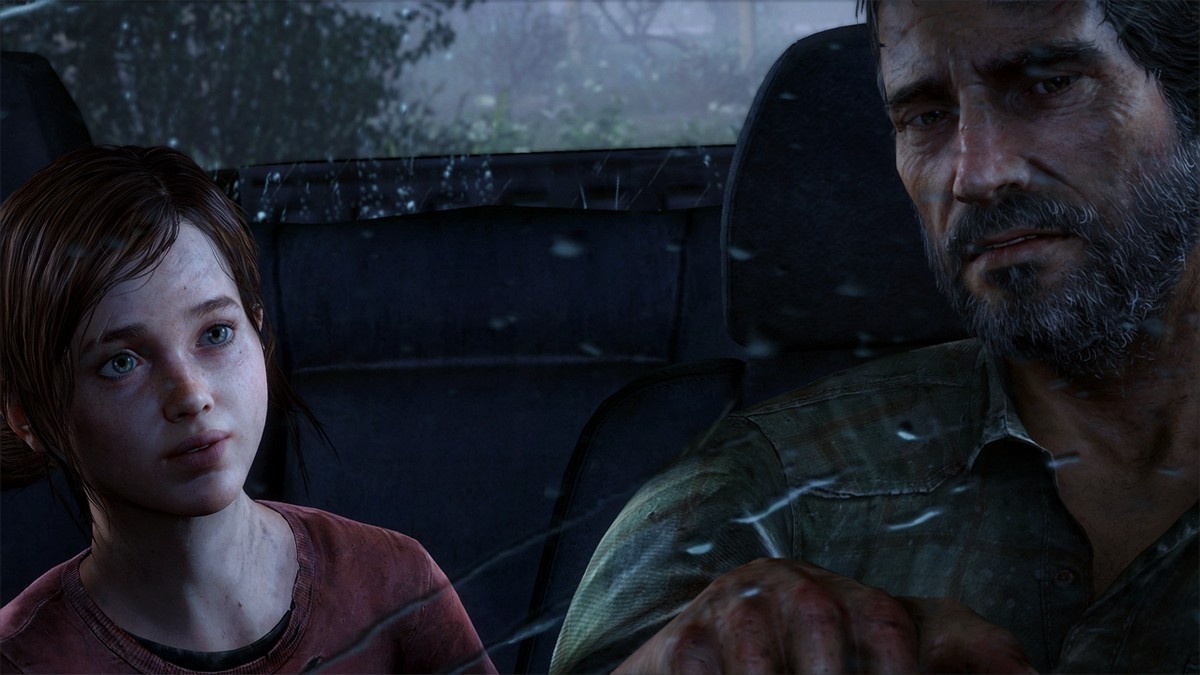
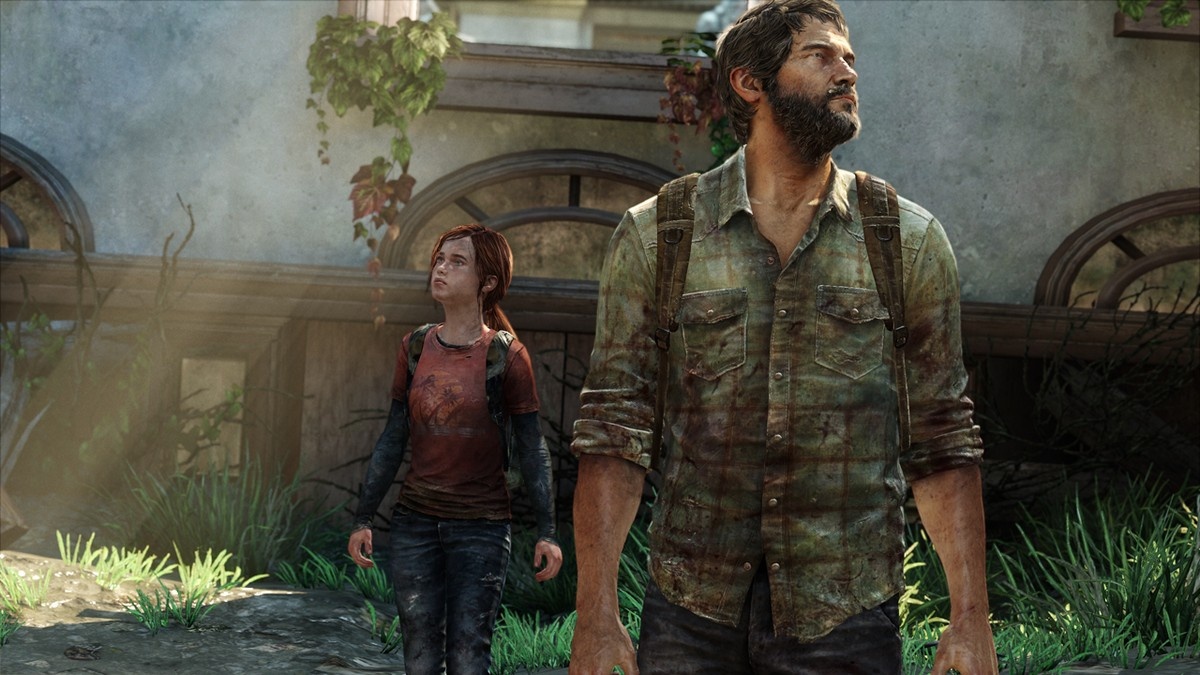
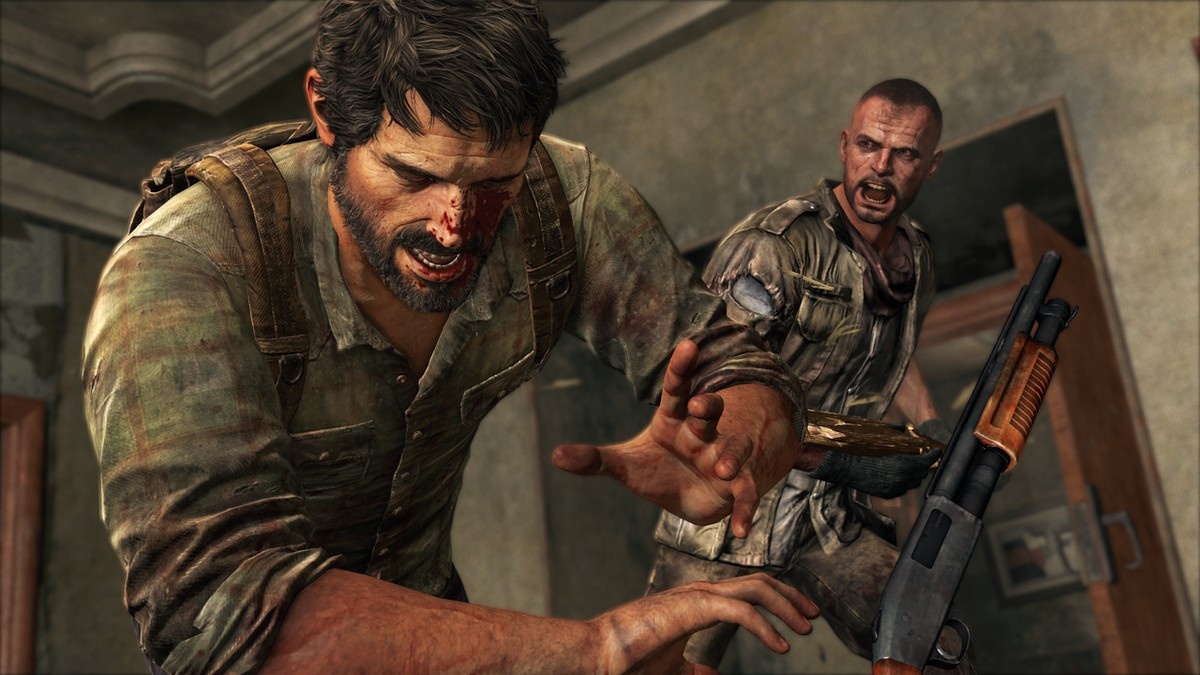
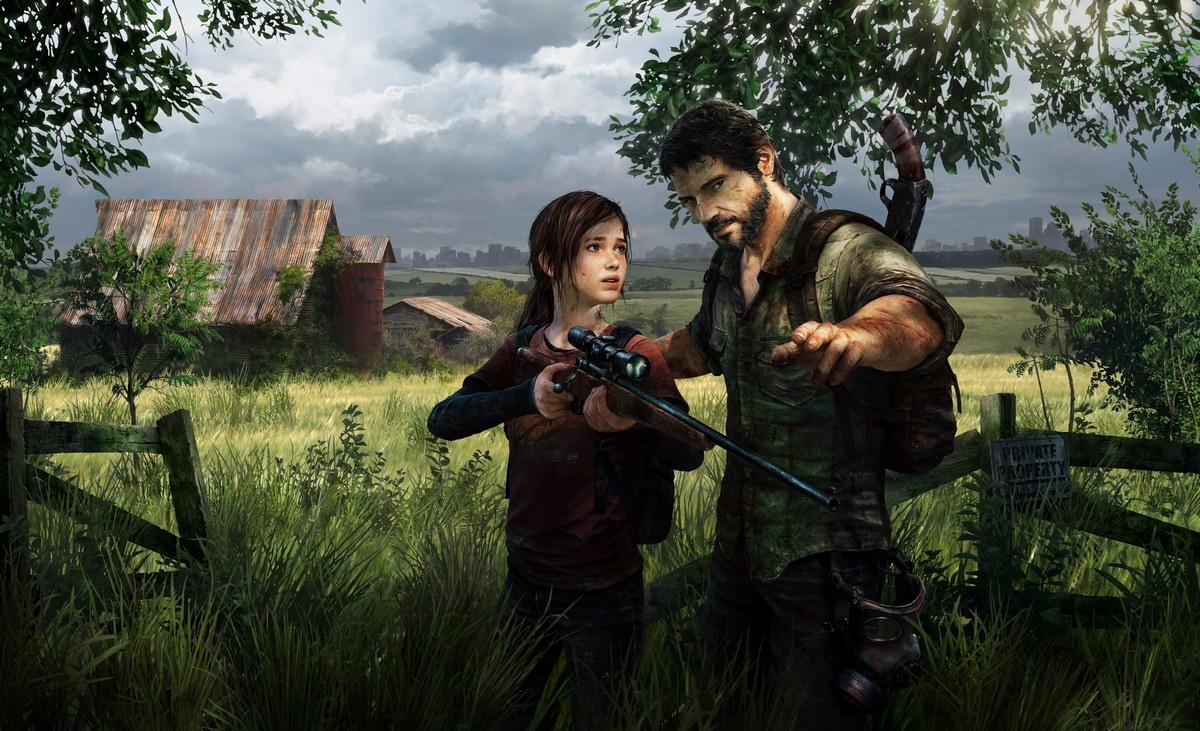
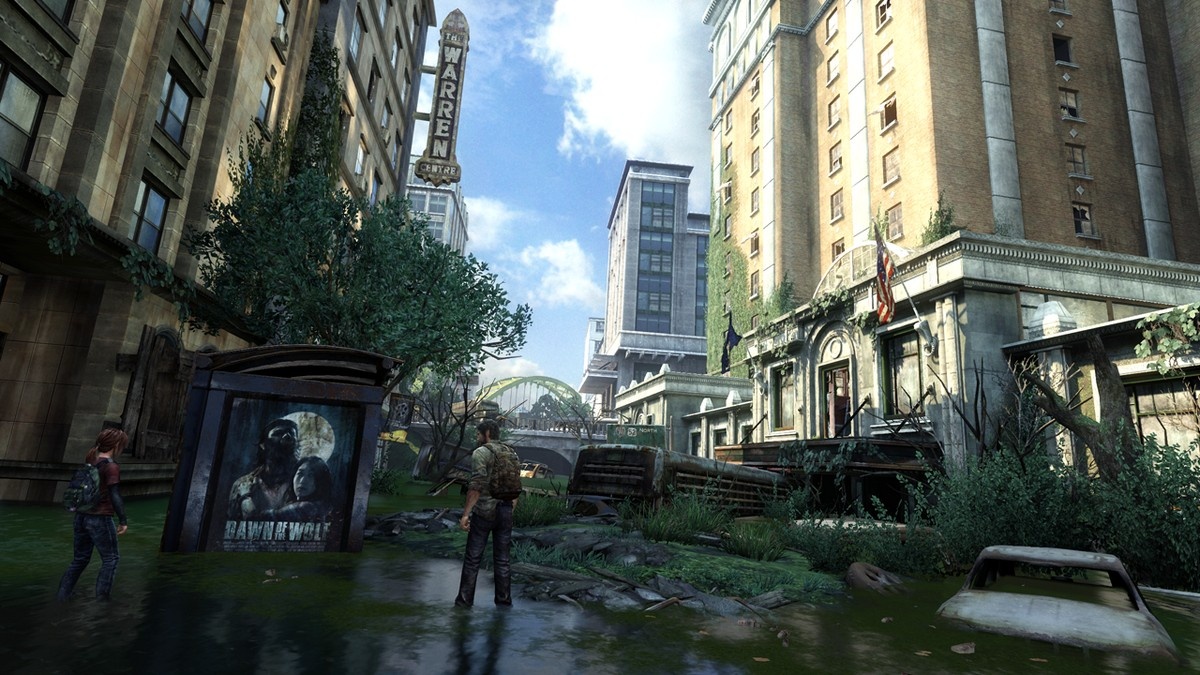
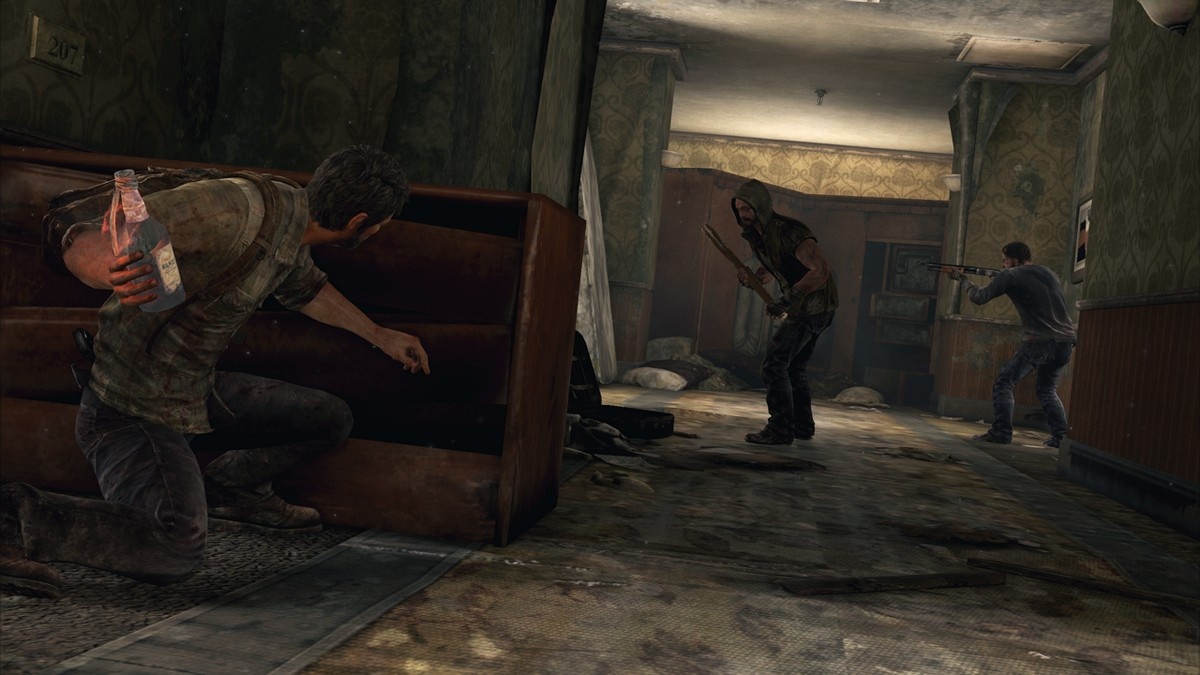
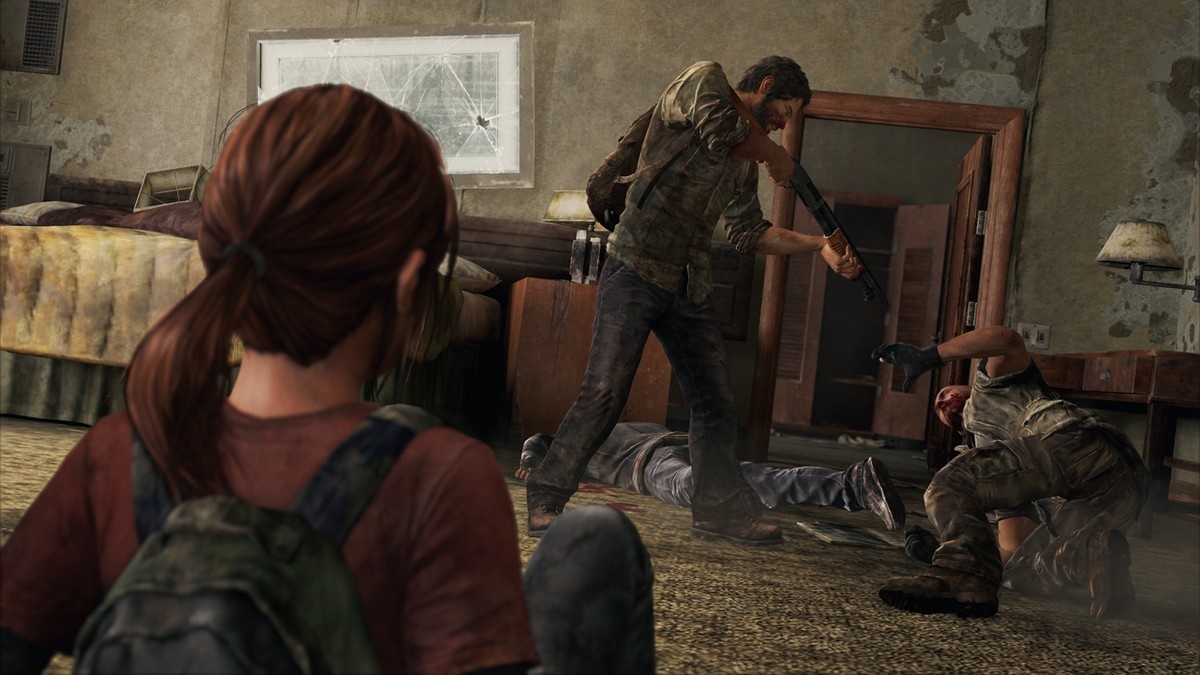
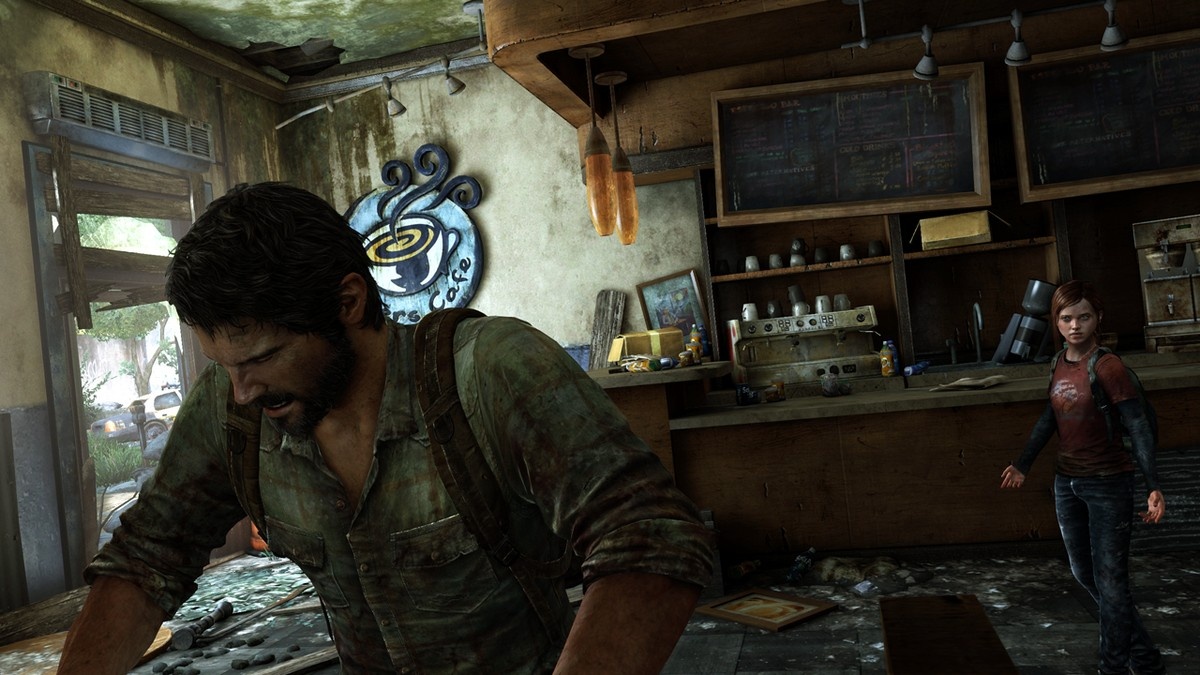
Join the conversation